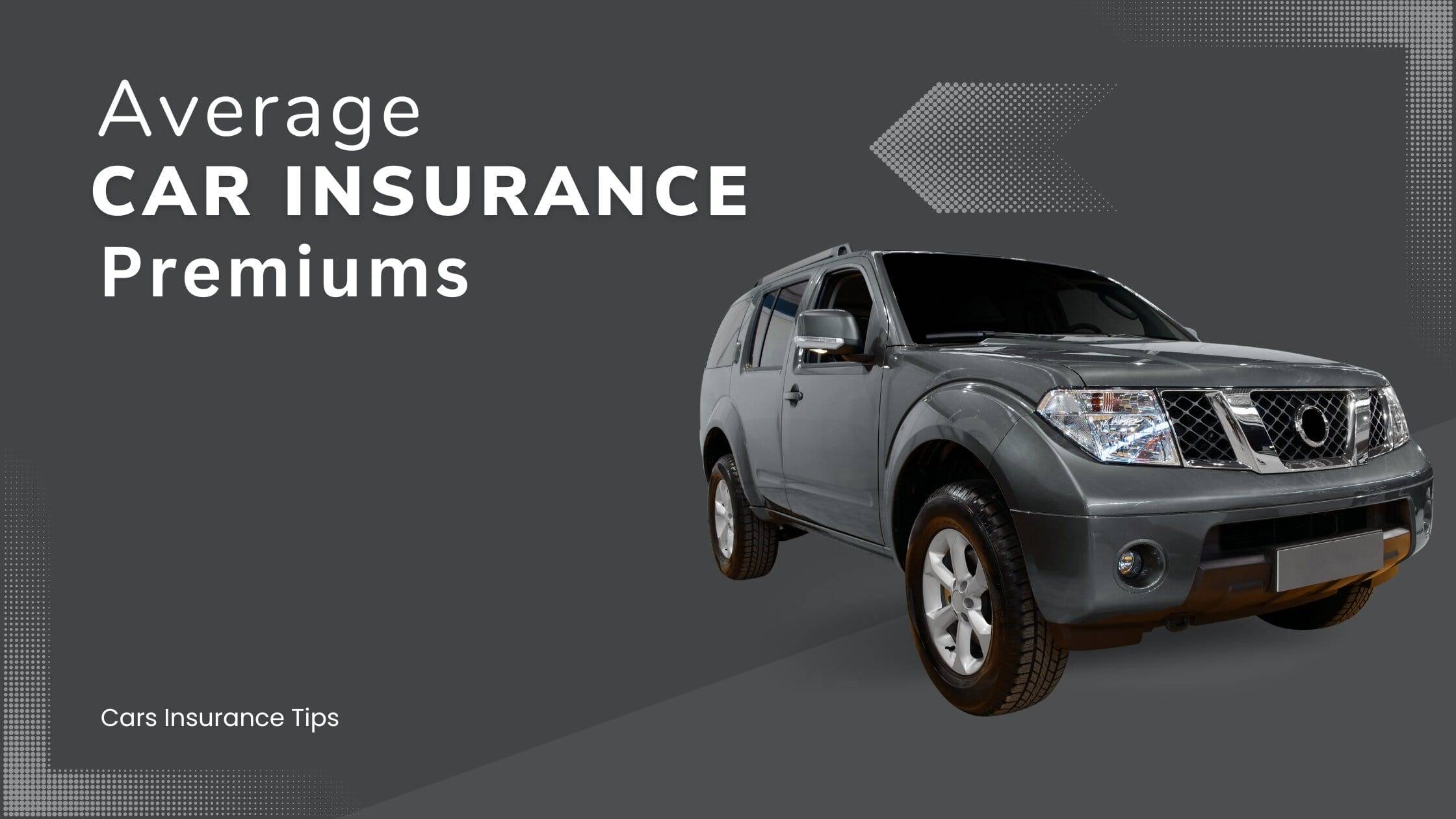The Ultimate Collision Insurance Coverage Guide For Car Insurance In 2023
In the market for car insurance and wondering what collision coverage is? You’re not alone. In this guide, we’ll help explain Collision Insurance Coverage, common features, benefits, and more so you can decide if it’s right for you.
What is Collision Insurance Coverage for car insurance?
Collision Insurance Coverage for car insurance is a type of coverage that helps to pay for damages to your car if you are involved in a collision.
This type of coverage can help to pay for repairs to your car, or it can help to pay for the cost of a new car if your car is totaled in a collision.
Collision Insurance Coverage is not required by law, but it is often required by lenders if you have a loan on your car.
Collision coverage can be expensive, but it can be worth the cost if you are involved in a serious car accident.
If considering collision coverage, shop around and compare rates from different insurers.

What does full car insurance cover?
Full car insurance covers the damages to your car that were caused by an accident, theft, or vandalism.
It also covers the damages to other people’s property, such as their car or home, caused by you or your car.
Collision Insurance Coverage is an optional type of car insurance that pays for the damages to your car caused by accident.
If you have collision coverage, your insurance company will pay for the repairs to your car up to the limit of your coverage.
If you don’t have collision coverage, you will have to pay for the repairs to your car yourself.
Comprehensive coverage is another optional type of car insurance that pays for the damages to your car caused by things other than an accident, such as theft or weather damage.
If you have comprehensive insurance coverage, your insurance company will pay for the repairs to your car up to the limit of your coverage.
If you don’t have comprehensive coverage, you will have to pay for the repairs to your car yourself.
uninsured motorist coverage is an optional type of coverage car insurance that pays for the damages to your car caused by an uninsured driver.
What are the pros and cons of collision insurance?
There are both pros and cons to having collision insurance. On the plus side, if you are in an accident, your insurance cost will cover the cost of repairing or replacing your car.
That can be a huge financial relief if you have an expensive or new car. On the downside, collision insurance premium can be quite costly and may not be worth the expense if your car is old or not worth very much.
You must carefully weigh the pros and cons to decide if Collision Insurance Coverage is right for you.

What is limited collision coverage?
Limited Collision Insurance Coverage is insurance that pays for the repair or replacement of your vehicle up to a certain amount if it is damaged in a collision with another vehicle or object. This type of coverage typically has a deductible, which is the amount you will need to pay out of pocket before your insurance company will start to pay for the repairs.
Limited collision coverage is not required by law. Still, it can be a good idea if you are financing or leasing your vehicle.
If you have limited collision coverage and your vehicle is totaled in an accident, you will only receive the value of your vehicle up to the limit of your coverage.
That may not be enough to pay off your loan or lease, so you would still be responsible for any remaining balance.
Limited collision coverage typically costs less than comprehensive coverage but does not provide as much protection.
What is the difference between collision and liability coverage?
There are two types of car insurance coverage : collision and liability. Collision coverage covers damage to your car from a collision with another object.
In contrast, liability coverage covers damage to other people or property you may be responsible for.
Collision coverage is typically more expensive than liability coverage but provides more personal injury protection.
If you have a loan on your car, your lender will likely require you to have collision coverage.
If you’re involved in an accident, your collision coverage will pay for repairs to your car up to your policy’s limit.
If the repair cost exceeds your policy’s limit, you’ll be responsible for paying the difference.
Liability coverage will pay for damages to other people or property you’re responsible for. However, it won’t pay for repairs to your car.
Suppose you’re at fault in an accident. In that case, your medical payments coverage will help pay for the other person’s damages up to your policy’s limit.
If the damages exceed your policy’s limit, you’ll be responsible for paying the difference.

How does collision coverage work
If you have collision coverage, your insurance company will help pay to repair your car if you’re in an accident. You’ll have to pay for repairs if you don’t have collision coverage.
Collision Insurance Coverage usually pays up to your car’s actual cash value (ACV). ACV is what your car is worth minus any depreciation since you bought it.
So, if your car is totaled in an accident, your insurance company will only pay up to the ACV.
Suppose you want full replacement value for your car. In that case, you’ll need to purchase comprehensive collision coverage with a stated or agreed value policy.
With these policies, you’ll agree on a value for your car with your insurance company ahead of time. Your insurance company will pay the agreed-upon amount if your car is totaled.
How to insure a car with no book value for collision?
Suppose your car is totaled in an accident. In that case, your insurance company will only pay you the car’s market value at the time of the accident.
Suppose your car is worth less than your collision coverage deductible. In that case, carrying collision coverage on your car may not make sense.
In this case, you can drop collision coverage and carry liability insurance.
Do I need collision insurance on an older car?
Whether or not you need collision insurance on an older car depends on several factors. One factor to consider is the value of your car.
If your car is worth less than the deductible for collision insurance, it may not be worth carrying the insurance. Another factor to consider is your driving record.
If you have a good driving record, you may be able to get by without collision insurance. However, collision insurance may be good if you have a poor driving record.
Ultimately, whether or not you need collision insurance on an older car is a decision you will need to make based on your circumstances.
If unsure, you can contact an insurance agent to get more information.

Is a collision damage waiver necessary in rental car insurance?
When renting a car, you may wonder if you need to purchase a collision damage waiver (CDW). This type of coverage is not required but can protect you if your rental car is damaged in a collision.
If you have your auto insurance policy, it may cover damage to a rental car. However, you should check with your insurance company to be sure.
Some policies have limitations on coverage for rental cars. If your policy does not cover damage to a rental car, or if it has limited coverage, you may want to purchase a CDW from the rental car company.
A CDW will typically cover damage to the rental car up to the actual cash value of the vehicle. However, it is important to read the terms of the coverage carefully before purchasing it.
Some CDWs have deductibles, and some exclude certain types of damage (such as tires or windows). Ensure you understand what is and is not covered before purchasing a CDW.
In general, a CDW is unnecessary if your auto insurance companies policy provides adequate coverage for rental cars. However, it may be a good idea to purchase a CDW if your policy has
Why should I consider having collision coverage?
There are a few reasons why you should consider having collision coverage on your auto insurance policies. First, if you cause an accident, Collision Insurance Coverage will pay for the damage to your vehicle.
Second, collision coverage will pay for the repairs if you are an accident that is not your fault.
And the other driver does not have insurance to cover the damage. Finally, if your vehicle is stolen, collision coverage will pay for the cost of replacing it.
Collision coverage can be expensive, but it is worth considering if you want to be fully protected in an accident.

Collision insurance deductions
The Collision Insurance Coverage deductible varies from $120 to $1,000 for auto repairs. If your repair costs are greater than your deductible, your insurer may cover the difference.
The lower the deduction, the lower your costs of replacing your broken vehicle. The smaller the deductible, the higher their monthly premium will be and the more they’ll pay you. Likewise with a higher deductible.
What is the best collision coverage?
Geico is the most reliable Collision Insurance Coverage company is Geico because they offer some of the most affordable premiums.
Another type is also available which makes it ideal for motorists who want to save money with multiple policies, discounting their auto insurance premiums.

FAQS
What is collision coverage?
Collision coverage is an optional type of car insurance that pays to repair or replace your car if it’s damaged in an accident with another vehicle or object. Suppose you have collision coverage and you cause an accident.
If you don’t have collision coverage, you will have to pay for the repairs yourself.
Collision coverage can be expensive, so you may want to consider whether you need it. If you live in an area with a lot of traffic or are a frequent driver, you may want to consider collision coverage.
If you have an older car that isn’t worth much money, collision coverage may not be worth the cost.
How does collision coverage work?
Suppose you have collision coverage and you are involved in an accident. In that case, your insurance company will pay for your car’s repairs up to your policy’s limit.
Your deductible is the amount you must pay out of pocket before your insurance company starts paying for the repairs.
For example, if you have a $500 deductible and your car is damaged in an accident and
Conclusion
We hope this guide has helped you understand everything you need to know about collision coverage and how it works.
Remember, whether or not you need collision coverage is ultimately up to you and your driving habits.
If you drive an older car that isn’t worth much, or if you are a safe driver who rarely gets into accidents, collision coverage may not be necessary for you.
However, suppose you have a newer car or often get into accidents. In that case, collision coverage could save you a lot of money in the long run.


